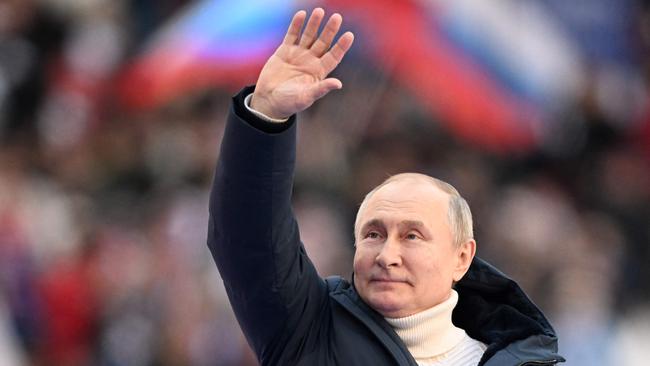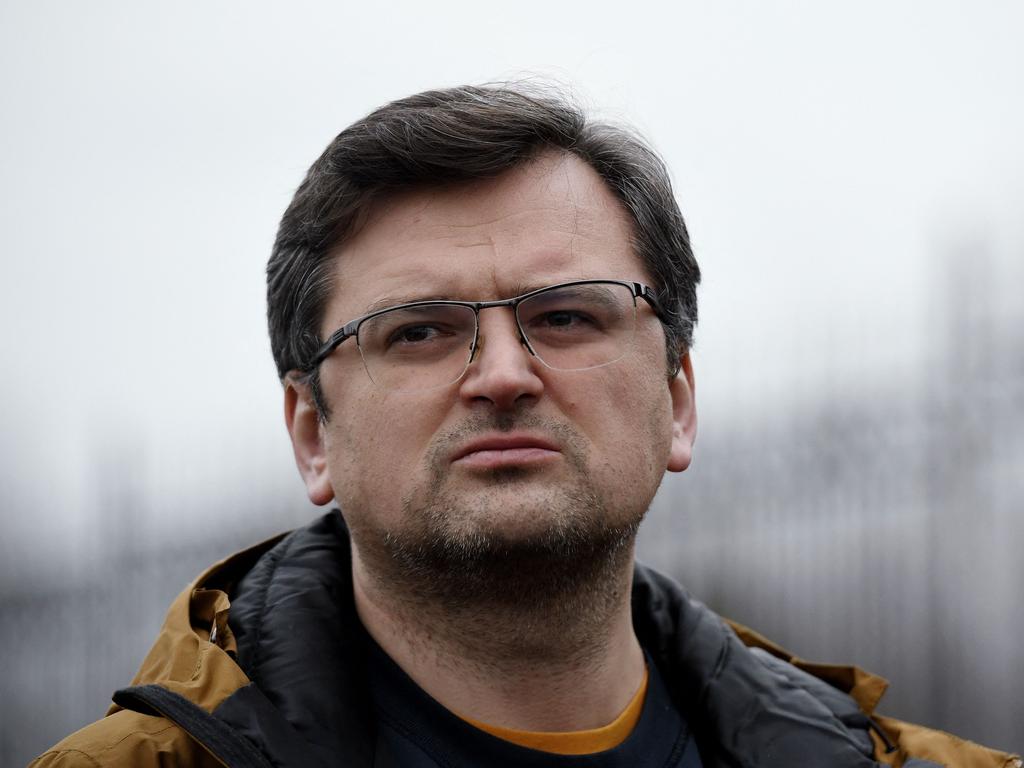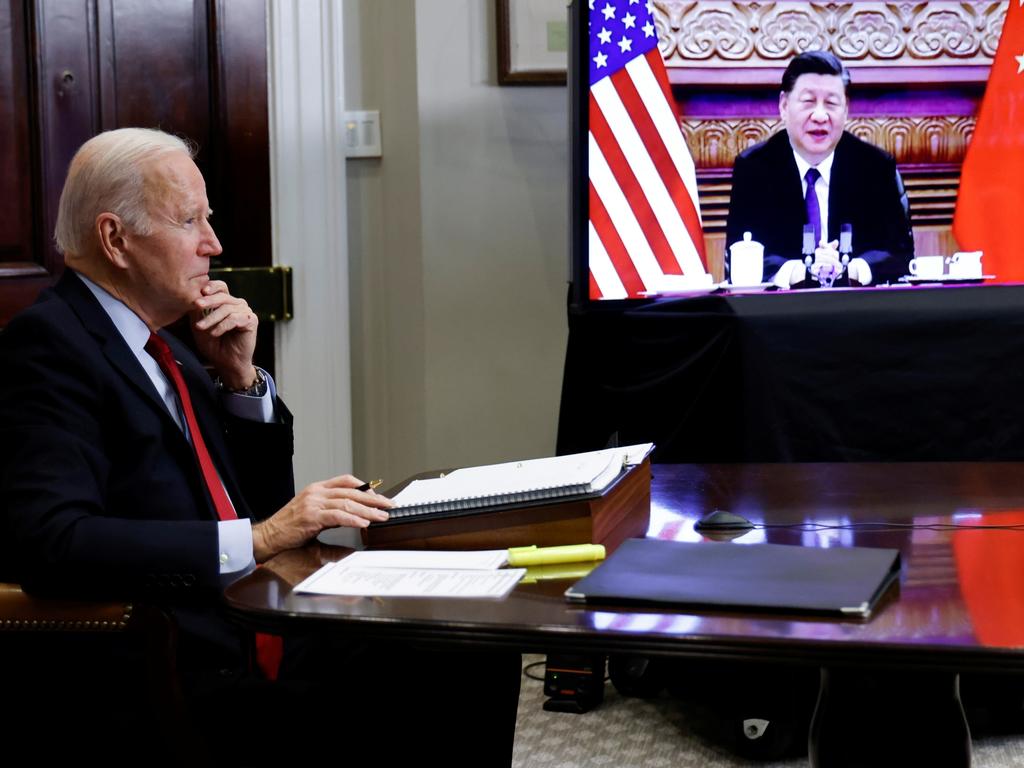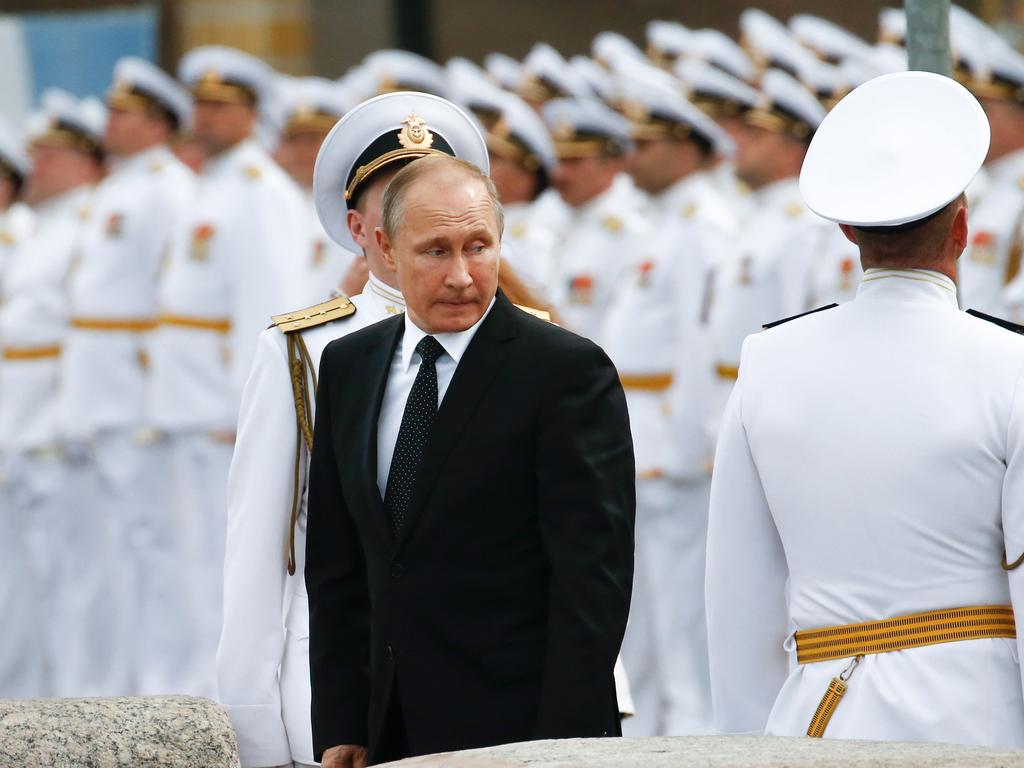
The problem is not merely that despite heavy losses the relative strength of the belligerents remains enveloped in the fog of war, making the conflict’s ultimate outcome hard to predict. It is also that neither side is likely to believe its adversary will respect any agreement to end the bloodshed.
There is, in effect, no reason for Ukrainians to think that accommodating Vladimir Putin’s demands will allow them to live in peace; as for whatever guarantees the West might offer, they are scarcely likely to be credible, given NATO’s amply demonstrated fear of confronting Russia directly.
Equally, for so long as Ukraine remains a genuinely sovereign state, Putin would be naive to assume it will readily forgive and forget Russia’s crimes or acquiesce to the illegal annexation of its territory.
Rather, Putin will know that, as Machiavelli famously put it, “anyone who subjugates a state accustomed to a free way of life, and does not destroy it, may expect to be destroyed by it himself, because in rebellion it will always take heart from the cry of liberty and the memory of its institutions, which not even the passage of time can erase”.
And he will also know Clausewitz’s warning that only “absolute” victories, which permanently disable an adversary’s willingness and ability to wage war, are certain to bring enduring gains, for “so long as I have not overthrown my opponent, I am bound to fear that he may overthrow me”.
Nor does the historical record suggest Clausewitz was unduly pessimistic: from 1914 to 2001, one-third of purported war-ending agreements collapsed into renewed fighting, with that share rising to more than half for conflicts that began after 1945, as intensified peacemaking efforts proved better at temporarily freezing conflicts than at resolving them.
The logic of war is therefore pushing to a conflict not of attrition but of recurrent devastation, pitting Russian brutality against Ukrainian resolve in a spiral of death and destruction.
It would be comforting to believe, as many commentators do, that the carnage could be averted by an agreement in which Ukraine would accept its “Finlandisation” – that is, accept, as Finland did in its 1948 Agreement of Friendship, Co-operation and Mutual Assistance with the Soviet Union, an effective veto over its foreign policy, in exchange for the guaranteed right to remain a sovereign state and a liberal democracy.
Yet Putin’s aim is scarcely Ukrainian neutrality; it is, as he incessantly repeats, regime change, ridding the country of its alleged “neo-Nazis” – and presumably gutting its democracy in the process.
But even putting that aside, the current context differs radically from that which gave rise to the 1948 agreement.
To begin with, Finland accepted the agreement only after having been comprehensively defeated twice by the Red Army, in the 1939-40 Winter War and then in the so-called Continuation War of 1941-44.
Even more important, however, was the fact the 1948 agreement offered Finland vastly better terms than the armistice it had concluded with the Soviet Union in September 1944 – an armistice that opened the door to complete Soviet domination, including through Finland’s transformation into a “people’s democracy”.
Scholars have long debated why Stalin backed off the conditions he had demanded in 1944; what is beyond doubt is that it was not due to a sudden outburst of generosity. Rather, it was because the costs of eliminating Finland’s sovereignty, and making the country a Soviet satellite, had become unsustainably high.
Given the increasingly hard line being taken by the Truman administration, any move in that direction was certain to scuttle Stalin’s plans for an agreement with the US over the future of Austria. It was also very likely to lead Sweden to follow Norway and Denmark in renouncing its longstanding neutrality and joining NATO, gravely endangering the Soviet Union’s northern defences.
And a special study Stalin commissioned concluded that attempting to impose direct Soviet control could incite the fiercely determined Finns to launch a third war, with a real risk that the Truman administration would escalate it into a global conflict.
The 1948 agreement was not, in other words, a sign of the Soviet Union’s strength; its concessions to Finnish sovereignty were a sign of Soviet weakness at a time of overwhelming American nuclear superiority and unprecedented resolve. Moreover, once it was in place, it proved stable because the constraints on Soviet power persisted: resiling from the agreement would have upset the regional equilibrium Stalin’s successors desperately wanted to preserve, with unpredictable results.
Today, none of those constraints bear on Putin as he perpetuates his war of aggression. NATO military intervention is clearly not on the cards as the US and its allies seem petrified of the possible consequences, despite the lack of any evidence in the Kremlin of suicidal instincts.
As for the sanctions, Russia’s largely self-sufficient economy is projected to shrink by no more than an entirely manageable 10 per cent this year before growing again next year.
Meanwhile, the price of Russia’s oil has recovered to levels that are twice the past eight years’ average, its bond market has reopened and its currency seems to have stabilised.
It is true that some Russian assets in the West have been frozen; but none has been, or appears likely to be, confiscated. And with the Europeans (including the British) increasingly reluctant to strengthen the sanctions they have imposed, Putin faces few additional costs for taking savagery to even greater extremes.
Finally, the fact that the more ruthless Putin shows himself to be, the more attractive an ally he is to the world’s myriad dictators – and hence the higher the price he can extract for the protection services his cronies already provide in resource-rich states that stretch from Mali to Turkmenistan – makes the benefits of prolonging the destruction all the greater.
As a result, the prospects of a negotiated outcome are no better now than they were a month ago; and the war crimes being committed in the siege of Mariupol are likely to be only a beginning.
The time has therefore come for the West, as it looks on in horror, to be honest with itself: in refusing direct involvement, it is not just encouraging the carnage; it is also shredding the chances of the war-ending agreement it ceaselessly urges the parties to seek. Once again, our fear of war may yet be the gravedigger of peace.








Wars, history shows, rarely end before the net costs to each of the warring parties of continuing the hostilities manifestly exceed those they can expect to bear by settling. Unfortunately, that condition still seems far from being met in Ukraine.